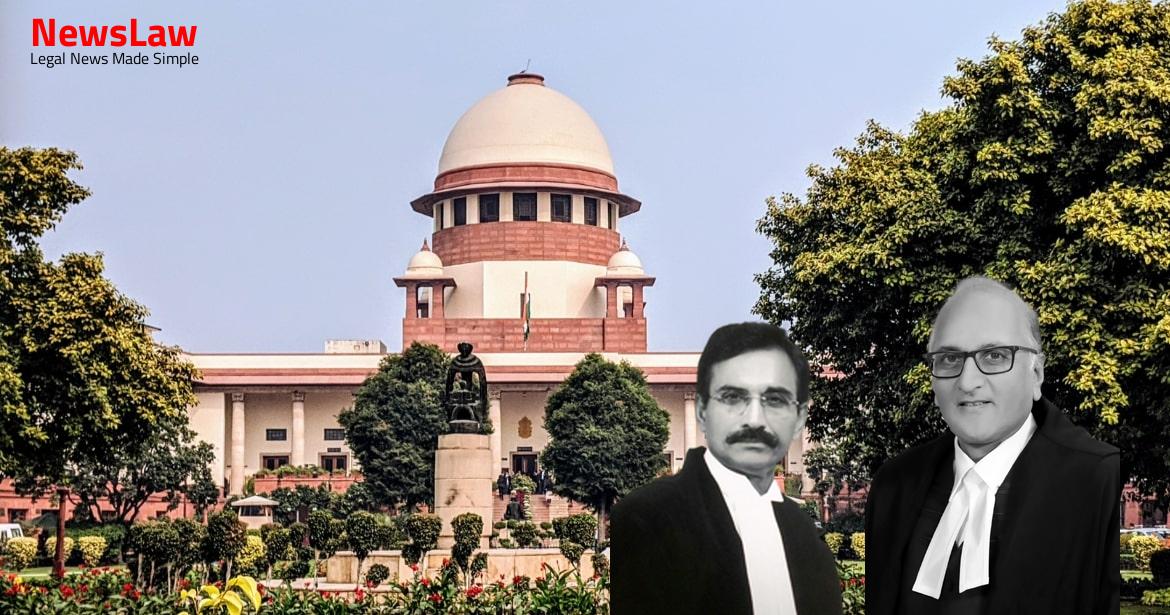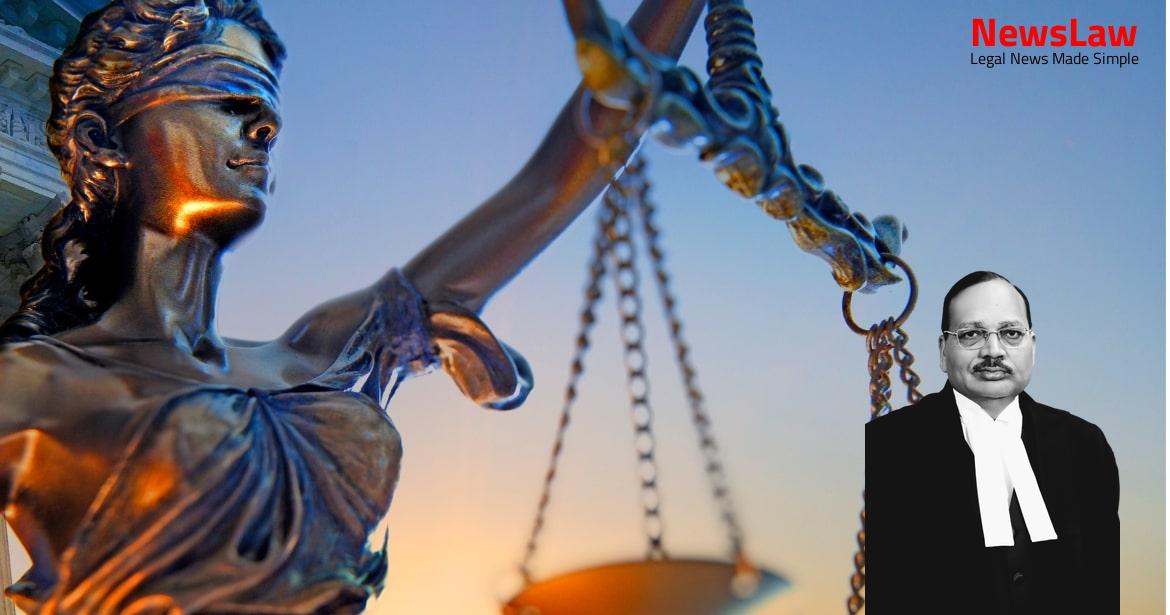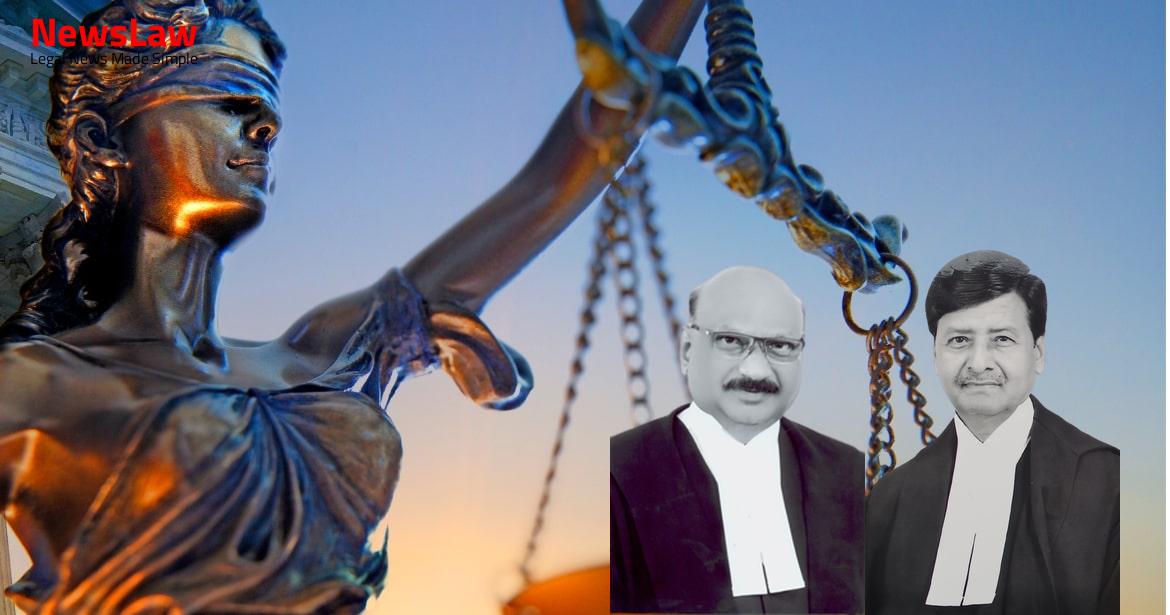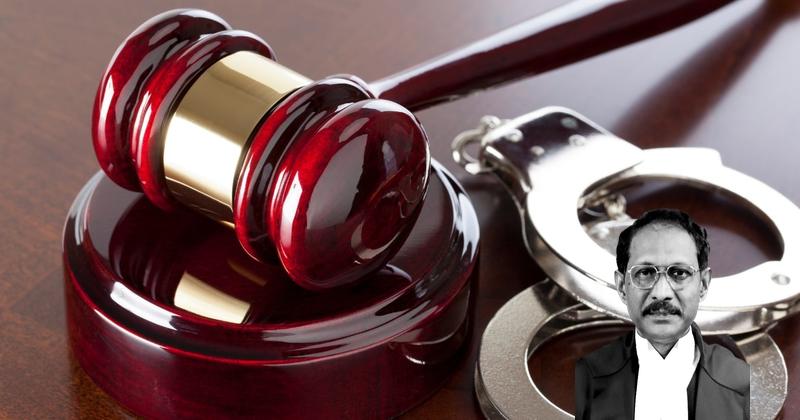Explore the detailed legal analysis of the court’s discretion in condoning delays in filing appeals in environmental disputes. The case delves into the complexities surrounding the interpretation of ‘sufficient cause’ and the application of Section 10 of the General Clauses Act in determining timelines for appeals. Understanding the nuances of judicial discretion in such matters is crucial for ensuring justice in environmental litigation.
Facts
- The appellant approached the Court under Section 22 of the NGT Act aggrieved by an order of the NGT.
- The MoEF approved the construction of a new Greenfield international airport after following the prescribed procedure and obtaining views and objections from concerned parties.
- The approval was posted on the website of the MoEF on 14.08.2017 as required by law.
- The appellant filed her appeal to the NGT on 13.11.2017, seeking condonation of delay due to the technical expertise required and communication delays.
- The NGT rejected the appellant’s application for condonation of delay and consequently dismissed the appeal against the environmental clearance for the airport construction.
- The Project Applicant proposed the construction of the Greenfield International Airport in Bhogapuram, Vishakapatnam, and published the approval in an English daily on 13.09.2017.
- The NGT’s decision was based on the stipulation that the appeal had to be preferred within 30 days from the date of communication of the impugned order.
Also Read: Legal Analysis on Seniority Fixation in Contempt Petitions
Arguments
- Learned senior counsel for the appellant, Ms. Anitha Shenoy, emphasized the importance of communication in the context of environmental clearances and approvals.
- The appellant argued that the time limit for filing an appeal should be calculated from the date of publication on the MoEF website.
- Various provisions of the NGT Act were cited and discussed in relation to the appeal process.
- Arguments were made regarding the communication of decisions to affected parties and the public as per environmental clearance stipulations.
- The issue of time-barred appeals and the need for vigilance in exercising legal rights were highlighted during the proceedings.
- The Project Applicant’s counsel supported the Union’s submissions, emphasizing the public interest aspect of the project.
- References to past court decisions and legal provisions were made to support arguments related to the appeal timeline.
- The NGT’s opinion on condonation of delay and communication of decisions was also discussed in the context of the appeal.
Also Read: Interpretation of Section 80-IA Deductions
Analysis
- Environmental disputes are complex and require expertise in various fields for effective resolution.
- Specialized environmental courts or tribunals are necessary for the speedy and efficient resolution of environmental disputes related to forests, biodiversity, air, and water.
- The establishment of environmental courts has been a longstanding demand for various reasons, including the need for effective prevention and control of environmental issues.
- India’s commitments to international agreements like the Stockholm Conference and the Rio Declaration emphasize the importance of having suitable environmental legislation and access to judicial remedies.
- Section 10 of the General Clauses Act, 1897, allows for actions to be considered done on the next working day if the last date falls on a public holiday.
- The expression ‘sufficient cause’ in the context of condonation of delays in filing appeals depends on the explanation’s bona fide nature.
- The area of discretion of courts in condoning delays in filing appeals has been outlined in various court decisions.
- Section 10 allows for acts to be considered done within the prescribed period if done on the next working day if the deadline falls on a holiday.
- Judgments such as H.H. Raja Harinder Singh v. S. Karnail Singh have explained the purpose of Section 10 in such cases.
- The selection criteria for administrative members in a tribunal were defined in a judgment.
- The court emphasized that negligence, intentional inaction, or lack of good faith can be reasons to deny condonation of delay.
- The NGT is obligated to consider environmental issues with an expert approach, as per court decisions.
- The mix of judicial and technical members in the NGT is to address scientific and environmental issues effectively.
- The court highlighted the qualifications and experience required to be a member of the NGT.
- If there is no negligence and the cause for delay is bona fide, the court may condone the delay.
- The General Clauses Act’s applicability in such cases was discussed in a judgment.
- Previous judgments have emphasized the need for a liberal construction of ‘sufficient cause’ in the interest of justice.
- Stricter standards of proof may sometimes fail to serve public justice, as per the court’s observations.
- Each application for condonation of delay is fact-specific, and no universal formula can be applied.
- Cases involving inordinate delays may consider prejudice to the other side, as per court decisions.
- The court stressed the importance of a justice-oriented approach in determining sufficient cause.
- Each case in condonation of delay must be evaluated based on its unique circumstances.
- Special laws with specific provisions on limitation must be construed without reference to the Limitation Act
- Previous judgments have held that the Limitation Act does not apply to appeals within the extended period of limitation in special laws
- Appellant argues appeal filed within extended period of 60 days as last day was a Sunday
- Section 10 of the General Clauses Act can be applied to appeals under the NGT Act
- Definition of ‘sufficient cause’ in Section 16 of the NGT Act is fact-dependent and subject to discretion of the tribunal
- Exercise of discretion in condonation of delay may be subject to appellate scrutiny
- Applicant must show bona fides, lack of negligence, and absence of prejudice to other party for delay condonation
- NGT’s refusal to exercise discretion should be examined in the specific facts and circumstances of the case
- The appellant faced delays in approaching the NGT due to the voluminous documentation and lack of expert legal advice in Andhra Pradesh.
- Being an interested party directly affected by a project with environmental repercussions does not disqualify one from accessing the NGT.
- Challenging land acquisition is different from challenging environmental clearance and requires scientific or technical support in addition to legal advice.
- The NGT Act allows for parties affected by projects with environmental impact to approach the tribunal.
- The dismissal of the appeal for delay without sufficient cause was deemed erroneous as it failed to consider the specific requirements of challenging environmental clearances.
- Approaching the NGT in environmental matters is significant due to the potential irreversible impact on the environment.
- It is essential for an independent tribunal to apply judicial mind in such cases at the first appellate stage.
Also Read: Judicial Analysis on Selection Process
Decision
- The appeal was allowed
- No order on costs was given
Case Title: SRIDEVI DATLA Vs. UNION OF INDIA (2021 INSC 141)
Case Number: C.A. No.-003136 / 2020



